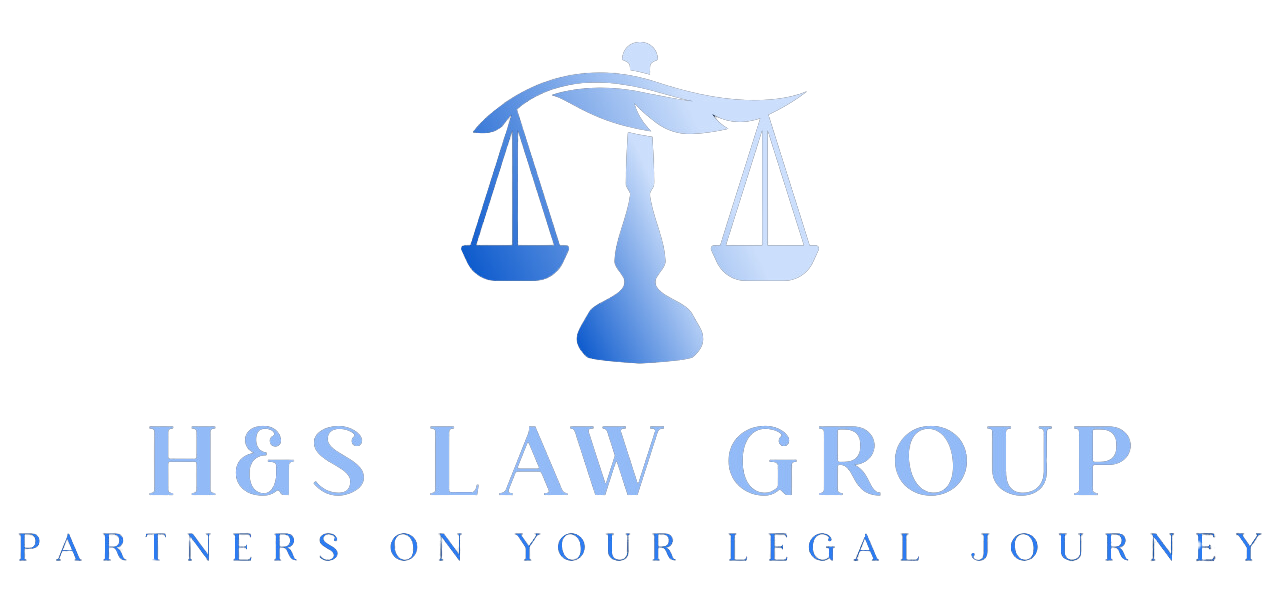
How To Sue For Wrongful Termination In New Jersey
Losing your job is always a stressful experience, especially when you believe you were fired unfairly or illegally. In New Jersey, at-will employment is the standard, but that doesn’t give employers the right to fire workers for discriminatory, retaliatory, or otherwise unlawful reasons. If you suspect you’ve been wrongfully terminated, it’s essential to understand your legal rights and how to take action.
At H&S Law Group, we help employees across New Jersey fight back against wrongful termination. This guide will walk you through the steps to sue for wrongful termination in New Jersey, your legal options, and how an experienced employment attorney can help.
Understanding Wrongful Termination
Wrongful termination occurs when an employee is fired for illegal reasons, even though New Jersey is an at-will employment state. This means employers can generally terminate employees at any time, for any reason, or no reason at all, as long as the reason isn’t illegal. When a firing violates state or federal law, it is no longer a simple termination; it becomes a wrongful termination, and you have the right to challenge it.
What Qualifies as an Illegal Reason?
The core of a wrongful termination case is proving that your employer’s reason for firing you was against the law. These illegal reasons often fall into several distinct categories. Each category represents a violation of your protected rights as an employee.
- Discrimination. The New Jersey Law Against Discrimination (LAD) prohibits employers from firing someone based on their membership in a protected class. This includes your race, gender, age, religion, national origin, disability, sexual orientation, or pregnancy status.
- Retaliation. Your employer cannot fire you in retaliation for you exercising a legal right. This includes reporting workplace safety violations, filing a workers’ compensation claim after an injury, or taking protected medical leave under the Family and Medical Leave Act (FMLA).
- Whistleblowing. The Conscientious Employee Protection Act (CEPA) is New Jersey’s strong whistleblower law. It protects employees who report or refuse to participate in activities they reasonably believe are illegal, fraudulent, or against public policy.
- Breach of Contract. Some employees have an employment contract that outlines the specific terms and conditions for termination. If your employer fires you in a way that violates this contract, you may have a claim for wrongful termination based on a breach of that agreement.
Steps To Take Before Filing A Lawsuit
Before suing, you must determine whether your termination violated a specific law or legal doctrine. Ask yourself:
- Were you fired after reporting illegal activity at work?
- Were you treated differently than other employees in similar positions?
- Did your employer violate company policies or a written contract?
- Were you retaliated against for taking medical or family leave?
If any of these scenarios apply, you may have a valid claim for wrongful termination under New Jersey law.
Next, solid evidence is critical for providing a wrongful termination claim. Start gathering the following:
- Emails or messages between you and your employer.
- Performance reviews, disciplinary records, or written warnings.
- Witness statements from coworkers or supervisors.
- Copies of company policies or your employment contract.
- Documentation of complaints or reports you made.
- Termination letter or any written explanation for your dismissal.
Documentation helps establish a timeline, demonstrates retaliation or discrimination, and strengthens your legal case.
You should speak with an experienced employment law attorney like H&S Law Group. We can help you evaluate the facts of your situation, determine if you have a valid legal claim, and explain your rights under New Jersey law. This consultation is a critical move to understand the strength of your case and the potential paths forward. Contact us at (973) 200-1433 today.
The Legal Process For A Wrongful Termination Lawsuit
The journey of a lawsuit involves several structured phases, from the initial filing to a potential trial. Each stage has its own set of rules and objectives. Your attorney will guide you through this formal process.
Filing a Complaint
Before filing a complaint with a government agency or court, it may be helpful, or even required, to file an internal complaint with your company’s Human Resources (HR) department. This shows that you tried to resolve the issue within the company and creates an internal record of your claim. While not always necessary, this step can be useful, especially if you’re still employed or seeking non-litigious resolutions.
Depending on the nature of your claim, you may be required to file a complaint with a government agency before you can sue. For Discrimination or Retaliation, you can file a complaint with either the New Jersey Division on Civil Rights (DCR) or The Equal Employment Opportunity Commission (EEOC). For Whistleblower Retaliation, you can sue directly, but it is advisable to consult with an attorney first.
If internal complaints or agency actions don’t resolve the issue, or if you’re permitted to sue right away, your attorney will help you file a civil lawsuit in the appropriate New Jersey court. This legal action will include:
- A formal complaint outlining your allegations
- A detailed legal basis for your claim (e.g., NJLAD, CEPA)
- Supporting evidence and documentation
- A demand for compensation, such as back pay, emotional distress damages, legal fees, or reinstatement
Your case may be resolved through settlement, mediation, or a trial before a judge or jury.
Deadlines Are Important: The Statute of Limitations
You do not have an unlimited amount of time to file a wrongful termination lawsuit. The law imposes strict deadlines, known as the statute of limitations. Missing this deadline can permanently bar you from seeking justice for your claim, regardless of how strong your case is.
In New Jersey, the statute of limitations for most wrongful termination claims based on discrimination under the LAD is two years from the date you were fired. For whistleblower claims under CEPA, the deadline is shorter, at just one year. Acting quickly is essential to protect your rights.
The Discovery Phase
After the initial filings, the lawsuit enters the discovery phase. This is the longest and often most complex part of the case, where both sides exchange information and gather evidence. The goal is for each party to understand the strengths and weaknesses of the other’s case.
Discovery involves several methods for obtaining information:
- Interrogatories. These are written questions that the other party must answer in writing under oath.
- Requests for Production. Each side can request relevant documents from the other, such as personnel files, emails, and internal investigation reports.
- Depositions. This is sworn testimony taken outside of court. Attorneys ask questions of witnesses, and a court reporter creates a transcript of the answers.
Mediation and Settlement Negotiations
Most wrongful termination lawsuits do not end in a trial. The vast majority are resolved through a settlement, which can happen at any point during the process. Often, the parties will use a formal process called mediation to try to reach an agreement.
In mediation, a neutral third party, called a mediator, helps both sides discuss the case and work toward a mutually agreeable resolution. A successful mediation ends with a settlement agreement, avoiding the time, expense, and uncertainty of a trial. Your lawyer will advocate for you throughout these negotiations.
At H&S Law Group, we’re dedicated to protecting New Jersey workers’ rights. We’ve successfully handled hundreds of wrongful termination cases throughout New Jersey. We offer free consultations and work on a contingency basis—you don’t pay unless we win your case.

How To Sue For Wrongful Termination In New Jersey
Wrongful termination is not just unfair—it’s illegal. Whether you were fired for discriminatory reasons, whistleblowing, or exercising your legal rights, you don’t have to face it alone. The experienced employment lawyers at H&S Law Group are here to guide you through the legal process and help you reclaim your career and dignity. Visit us at 1719 NJ-10 Suite 224, Parsippany-Troy Hills, NJ 07054.
